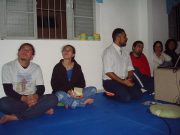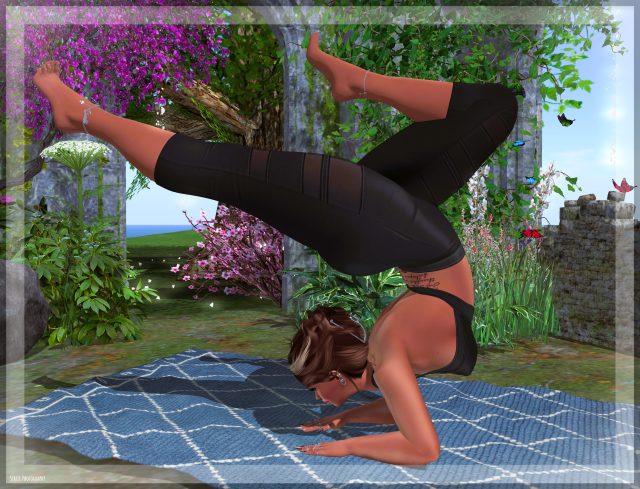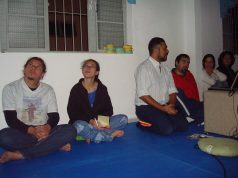In today’s fast-paced world, finding a moment of peace and equilibrium can feel like a distant dream. Many of us are caught in a whirlwind of responsibilities, leaving little time to nurture our bodies and minds. Yet, amidst this chaos, yoga offers a sanctuary—a practice that not only enhances physical flexibility and balance but also fosters mental clarity and emotional resilience. Whether you’re a seasoned practitioner or a curious beginner, understanding the profound benefits of yoga can transform your approach to health and well-being. In this article, we’ll explore how incorporating yoga into your daily routine can lead to a more balanced and flexible life, both on and off the mat. Join us on this journey of self-discovery and empowerment, where empathy meets instruction, guiding you towards a more harmonious existence.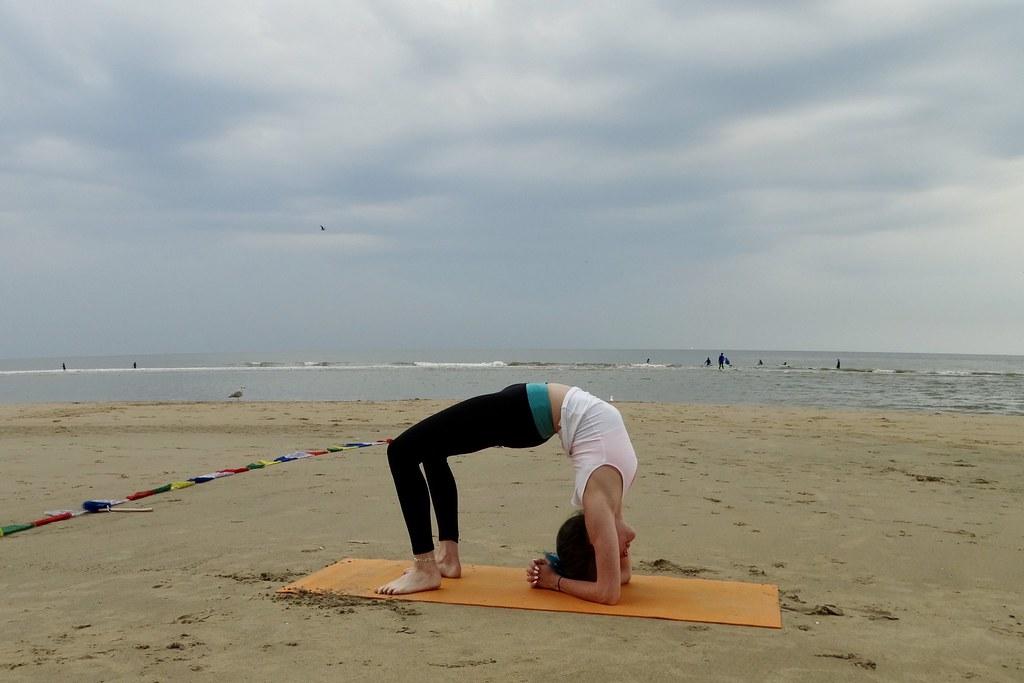
Understanding the Connection Between Flexibility and Balance in Yoga
In the realm of yoga, flexibility and balance are not just physical attributes but foundational pillars that support a harmonious practice. When you improve your flexibility, you are not only enhancing your ability to stretch and reach but also fortifying your body to maintain equilibrium in various poses. This interconnectedness is essential as each element supports and amplifies the other, creating a cycle of continuous improvement.
Flexibility aids in expanding your range of motion, allowing for smoother transitions between poses and reducing the risk of injury. As your muscles become more pliable, they better support the skeletal structure, enabling you to hold poses longer and with greater ease. On the other hand, balance helps in focusing the mind and aligning the body, promoting a sense of stability and calm. This is crucial when attempting more challenging asanas, where a steady mind and body can prevent falls and mishaps.
- Enhanced Stability: Improved flexibility supports better balance, which in turn offers greater stability in your poses.
- Injury Prevention: A flexible body is less prone to strains, while good balance minimizes the risk of falls.
- Mental Focus: Balancing poses enhance concentration and mindfulness, essential for a holistic yoga practice.

Practical Yoga Poses to Boost Your Flexibility and Balance
Incorporating yoga into your routine can significantly enhance your body’s agility and stability. Here are some key poses that will help you achieve greater flexibility and balance:
- Downward Dog (Adho Mukha Svanasana): This foundational pose stretches the entire back body, from your calves to your shoulders. It helps to lengthen the spine and improve overall posture, making it an excellent choice for those looking to enhance their flexibility.
- Tree Pose (Vrksasana): Ideal for cultivating balance, this pose strengthens the legs and core while encouraging focus and calmness. By engaging your muscles and centering your mind, you’ll find greater stability both on and off the mat.
- Pigeon Pose (Eka Pada Rajakapotasana): A deep hip opener, this pose releases tension in the lower body and enhances the range of motion. It’s particularly beneficial for those who spend long hours sitting, as it helps counteract tightness in the hips.
These poses are not only effective but also accessible to practitioners of all levels. Remember, yoga is a journey, and each pose offers an opportunity to listen to your body and embrace where you are today. Prioritize consistency over perfection, and you’ll soon notice improvements in your flexibility and balance.
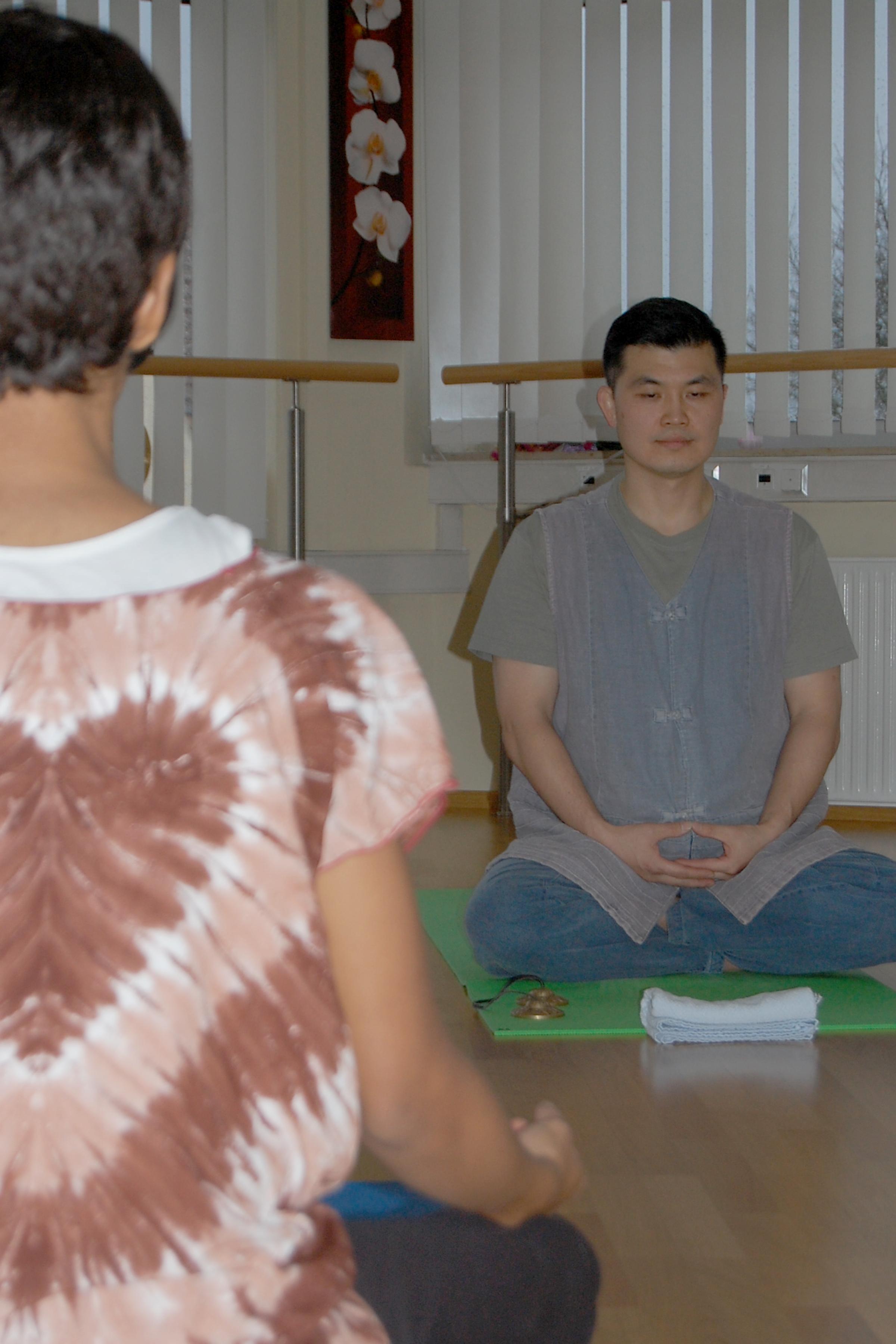
Incorporating Mindfulness to Enhance Your Yoga Practice
Integrating mindfulness into your yoga practice can profoundly elevate your experience, fostering a deeper connection between your body and mind. By focusing on the present moment and observing your thoughts and sensations without judgment, you create a space for growth and transformation. This mindful approach encourages a heightened awareness of your body’s movements and alignment, enhancing both your flexibility and balance.
- Deepened Awareness: Mindfulness helps you become more attuned to your body’s signals, allowing you to recognize and gently push past your limits, promoting greater flexibility over time.
- Enhanced Concentration: As you cultivate mindfulness, you develop the ability to maintain focus during challenging poses, improving your balance and stability.
- Stress Reduction: The calming effect of mindfulness reduces stress, releasing tension from your muscles, which further aids in increasing your range of motion.
To incorporate mindfulness, begin each session with a few minutes of meditation, focusing on your breath. During your practice, remain present by noticing the sensations in your body and the rhythm of your breath. This intentional focus not only enriches your yoga experience but also nurtures your overall well-being, paving the way for a more fulfilling practice.
Overcoming Common Challenges in Yoga with Compassion and Patience
Yoga is a journey, and like any journey, it comes with its own set of hurdles. Many practitioners face challenges such as tight muscles, balance issues, or a wandering mind. These obstacles can be disheartening, but approaching them with compassion and patience can transform your practice into a more enriching experience. Remember, yoga is not about perfection but about progress.
- Tight Muscles: It’s common to feel tension in the body, especially for beginners. Instead of forcing your way into a pose, focus on gentle stretches and breathing techniques. Allow your muscles to relax and lengthen naturally over time.
- Balance Issues: Finding balance can be tricky, but it’s an essential part of yoga. Practice balancing poses near a wall for support, and gradually increase the challenge as your confidence grows. Mindful breathing can also enhance stability.
- Wandering Mind: Yoga is as much a mental practice as it is physical. If you find your mind drifting, gently bring your focus back to your breath or the sensations in your body. Meditation and mindfulness exercises can also be beneficial.
Approach each challenge with a mindset of self-kindness. Celebrate small victories and be patient with yourself as you progress. Over time, you’ll find that these obstacles are not barriers but stepping stones to deeper self-awareness and improved well-being.






















